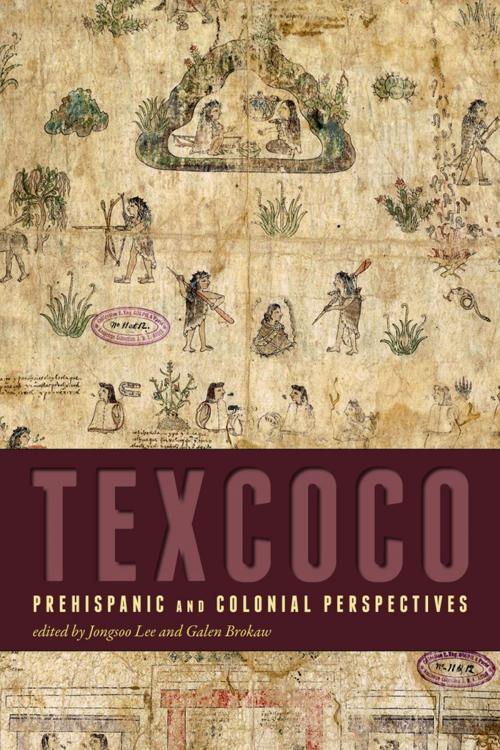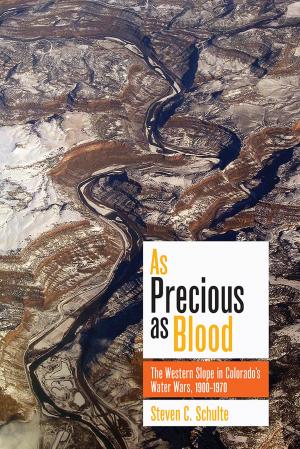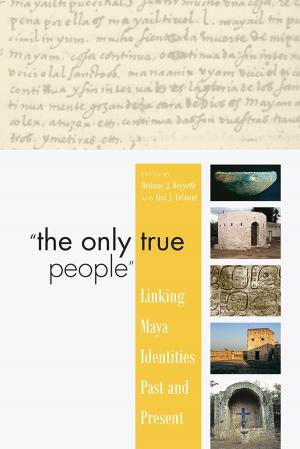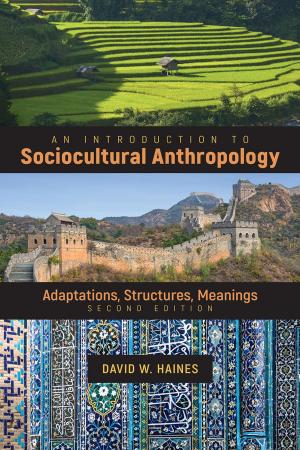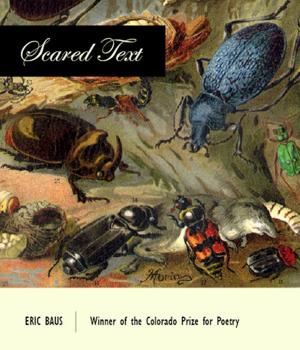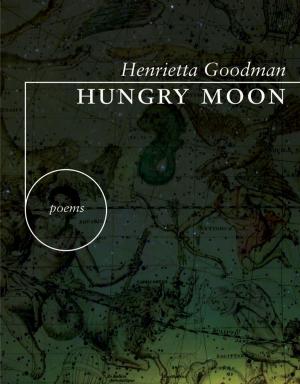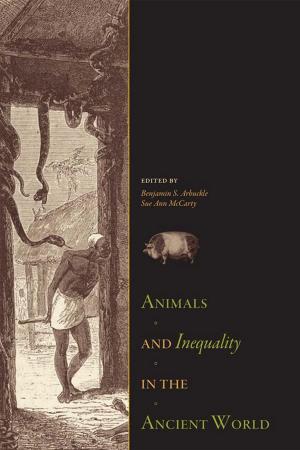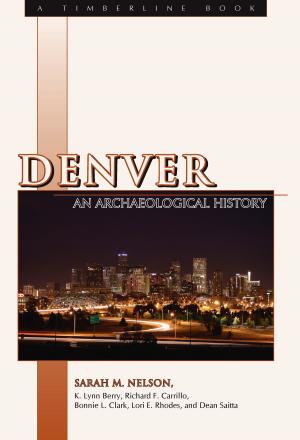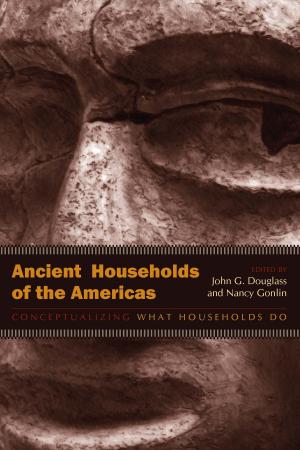Texcoco
Prehispanic and Colonial Perspectives
Nonfiction, Social & Cultural Studies, Social Science, Anthropology| Author: | ISBN: | 9781607322849 | |
| Publisher: | University Press of Colorado | Publication: | July 15, 2014 |
| Imprint: | University Press of Colorado | Language: | English |
| Author: | |
| ISBN: | 9781607322849 |
| Publisher: | University Press of Colorado |
| Publication: | July 15, 2014 |
| Imprint: | University Press of Colorado |
| Language: | English |
Texcoco: Prehispanic and Colonial Perspectives presents an in-depth, highly nuanced historical understanding of this major indigenous Mesoamerican city from the conquest through the present. The book argues for the need to revise conclusions of past scholarship on familiar topics, deals with current debates that derive from differences in the way scholars view abundant and diverse iconographic and alphabetic sources, and proposes a new look at Texcocan history and culture from different academic disciplines.
Contributors address some of the most pressing issues in Texcocan studies and bring new ones to light: the role of Texcoco in the Aztec empire, the construction and transformation of Prehispanic history in the colonial period, the continuity and transformation of indigenous culture and politics after the conquest, and the nature and importance of iconographic and alphabetic texts that originated in this city-state, such as the Codex Xolotl, the Mapa Quinatzin, and Fernando de Alva Ixtlilxochitl’s chronicles. Multiple scholarly perspectives and methodological approaches offer alternative paradigms of research and open a needed dialogue among disciplines—social, political, literary, and art history, as well as the history of science.
This comprehensive overview of Prehispanic and colonial Texcoco will be of interest to Mesoamerican scholars in the social sciences and humanities.
Texcoco: Prehispanic and Colonial Perspectives presents an in-depth, highly nuanced historical understanding of this major indigenous Mesoamerican city from the conquest through the present. The book argues for the need to revise conclusions of past scholarship on familiar topics, deals with current debates that derive from differences in the way scholars view abundant and diverse iconographic and alphabetic sources, and proposes a new look at Texcocan history and culture from different academic disciplines.
Contributors address some of the most pressing issues in Texcocan studies and bring new ones to light: the role of Texcoco in the Aztec empire, the construction and transformation of Prehispanic history in the colonial period, the continuity and transformation of indigenous culture and politics after the conquest, and the nature and importance of iconographic and alphabetic texts that originated in this city-state, such as the Codex Xolotl, the Mapa Quinatzin, and Fernando de Alva Ixtlilxochitl’s chronicles. Multiple scholarly perspectives and methodological approaches offer alternative paradigms of research and open a needed dialogue among disciplines—social, political, literary, and art history, as well as the history of science.
This comprehensive overview of Prehispanic and colonial Texcoco will be of interest to Mesoamerican scholars in the social sciences and humanities.
